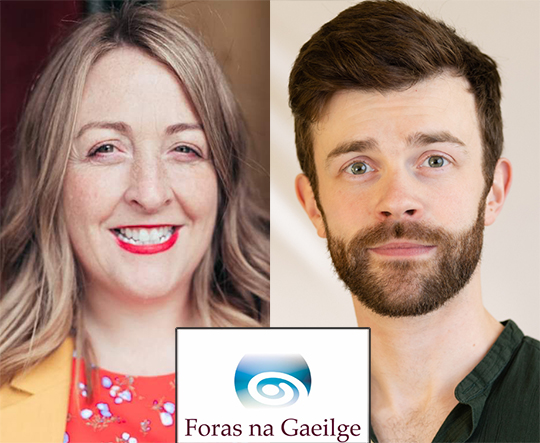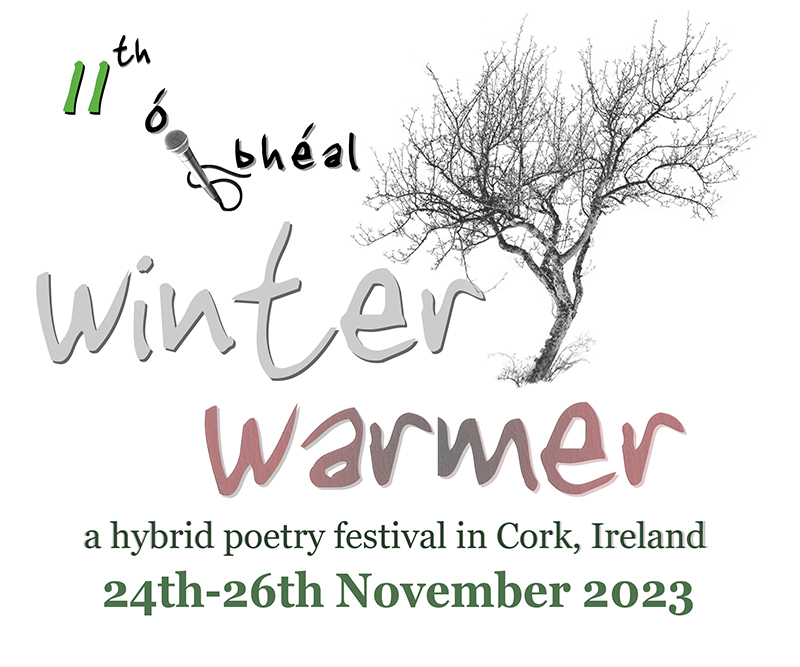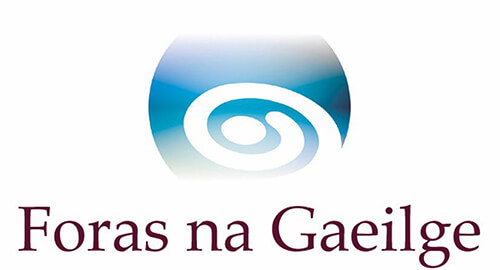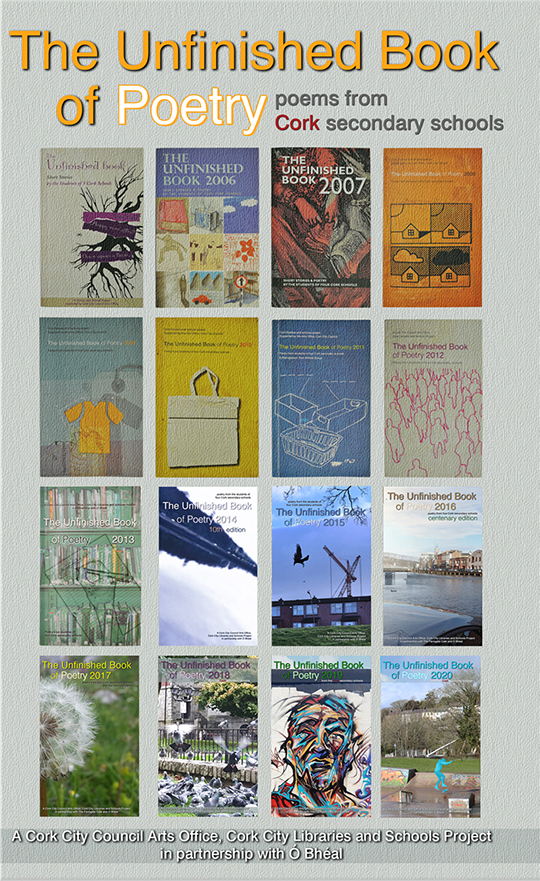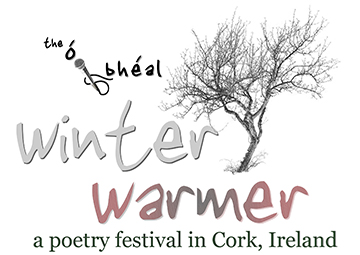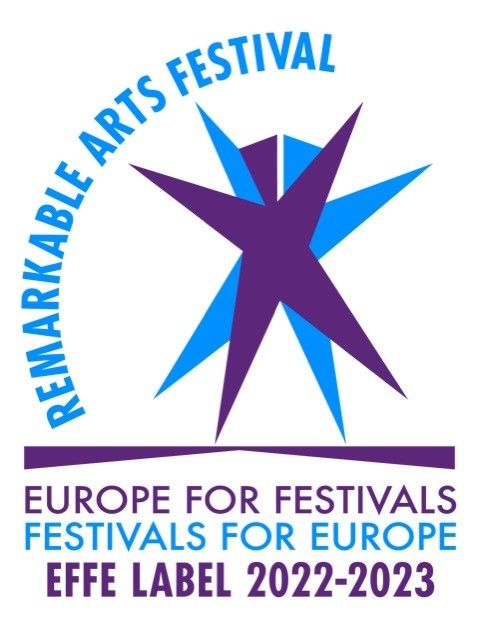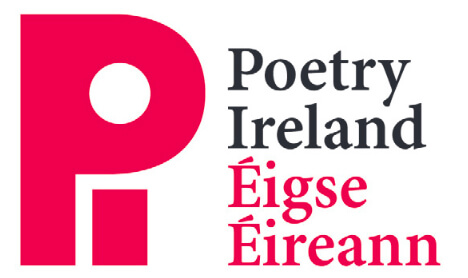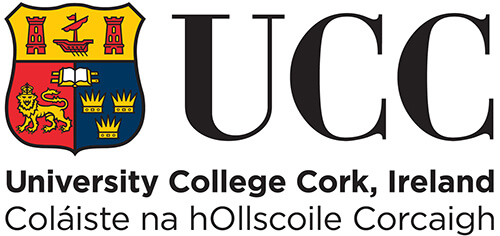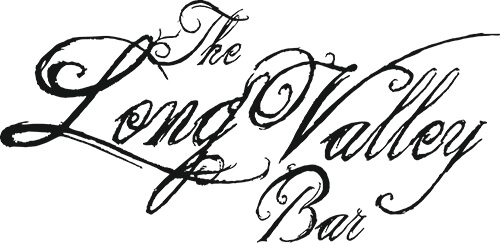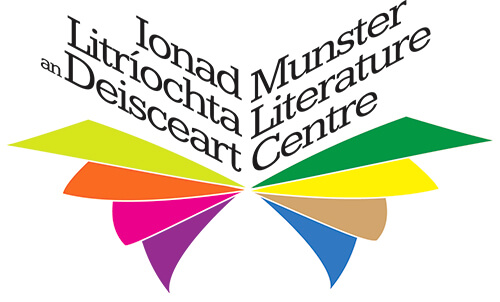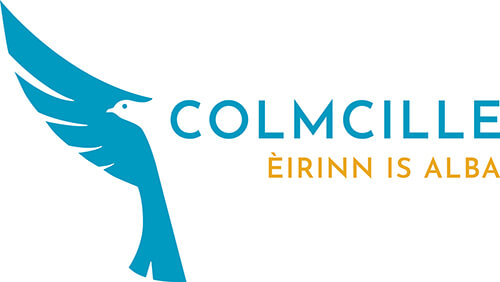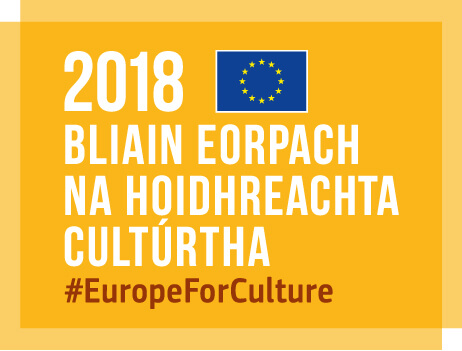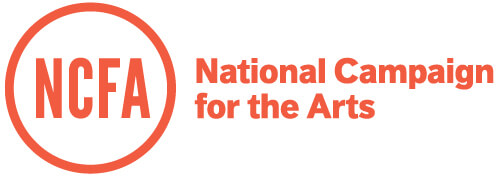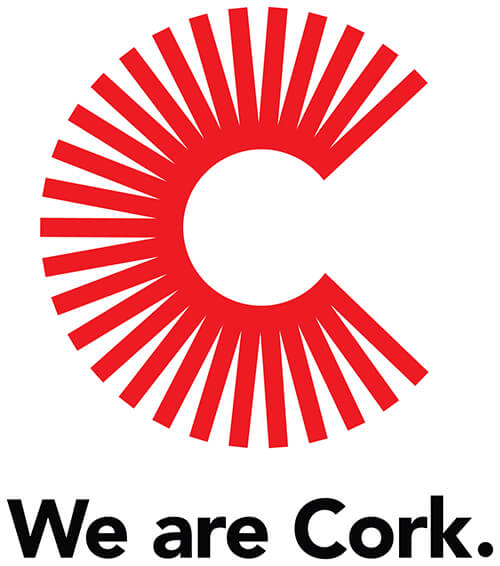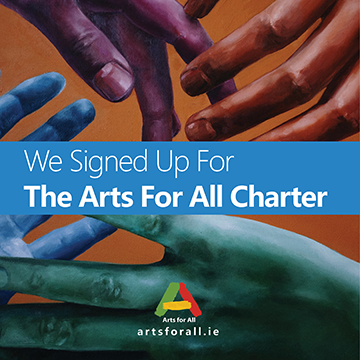Interviewed by Jennifer Matthews
JM: Do you think a poet must also be a reader to be successful as a writer? Do you have any particular influences?
JH: Well, you have to have an outline, at the very least, of the poetic canon in which you’re writing. It’s arrogance (and foolhardiness) not to. It would be like a painter not ever taking cognizance of Rembrandt or Picasso or Jack Yeats or the other greats of the past. The masters are there to inspire, not to imitate. And it also means that you don ‘t spend ages writing an ode to a nightingale only to find out that someone, a bit defter than you, has done it already. Reading is essential, though it must be said that no amount of reading will necessarily make you a better poet. There is no simple equation.
My influences tend to be non-poetic. I’m indebted to the vision of spiritual teachers such as Plato, Jesus, Carl Jung, and J. Krishnamurti – my poems are really inadequate translations of what they have expressed so beautifully in prose. As for poets: Homer is very good: The Odyssey is a marvellous amalgam of adventure and wisdom. I still feel deeply moved when Odysseus returns home to Ithaca in disguise and no-one recognises him except his faithful old dog. Virgil is exceptional – the sustained narrative of the Aeneid is a wonder; and the descent into the underworld a beautifully haunting episode. ‘Gawain and the Green Knight’ is what poety should be – crisp, mysterious and magical; and Dante’s Comedia is unlikely to be surpassed in terms of scale, ambition, spiritual vision and sheer craft. Blake, Yeats, Eliot and Ted Hughes are others who have combined extraordinary linguistic skill and musical ears with spiritual vision. And the one poet, who may be the best of the lot, and whom I’m saving for my dotage, is Jalaludin Rumi. Whenever I read snippets of his Mathnawi I feel like rushing off and writing a poem or chucking in the whole thing.
JM: I’m interested in how The Dark Age is divided up into three sections under specific headings. Part Two (The Dark Age) and Part Three (The Monastic Star-Timetable) seem to have common threads of theme that run through them. Do you find choosing a common theme helps generate poems?
JH: I think the operative word is ‘choosing’. In a recent review of The Dark Age by Tom McCarthy he described me as walking round the prison-yard of myself, more or less, and the prison-yard is the theme I’m stuck with. This is essentially trying to find spiritual meaning in a world that often seems devoid of it. The characters in my poems, such as Symeon Stylites, or the Irish saints, or the speaker in the poem ‘The Monastic Star-Timetable’ have glimpses of transcendence and express intense yearnings for something that will take them out of themselves. Yet at the same time they are all too aware of their humanity. For me this is the great conundrum of life – how to find meaning while knowing that the search for it is probably doomed to fail. So, to get back to your question – the theme has chosen or rather imprisoned me and I hope that some time in the future I will be released on remand for good behaviour.
JM: Something I enjoy about your poetry is the controlled but not constrictive rhyme and metre running through many of them. How do you choose the form a poem will take?
JH: It’s not really a conscious thing. I find that you start with a germ of an idea, a bit of yeast, a swallow darting past the window, and then this develops into something more substantial. The crucial thing is not to commit too soon to a form. Let the words and phrases begin to manifest, expounding the initial idea in a rough form and then let the form suggest itself – it almost always does if you have the patience, and the faith, to let it come in, like waiting for a cat to come in late at night through the cat-flap. My poem ‘Stroke’, about the death of my mother is a good example. Initially I wanted to cast the short sequence in a sonnet form to match a sonnet sequence I’d done about my father. But I couldn’t get it to work. The words were there, but not the form. I then realized that the pervading tone of the poem was shock and coming to terms with my mother’s very sudden death. Shock makes the mind repeat things endlessly (‘I should have done this, I should have done that’). And then it came to me the poem had to be a villanelle – repetition was the right means of expression, not the sonnet.
JM: What kinds of things do you consider when you are revising a poem? Would your poems go through many drafts before they are finished?
JH: A myriad things. Principally sound – I read the poem aloud and try to catch myself stumbling, usually a good indicator of infelicitous vowel sounds, or awkward consonants. I would also check for the quality of the phrasing, the strength and consistency of imagery, the movement of the poem – whether it’s too sluggish to start with, whether the rhythm breaks down; I check the title – is it really punching its weight and can I, by using it, dispense with the first stanza; I then try to forget about the poem, put it away for weeks or months and then bring it out and read it quickly, as if for the first time. If you read it slowly your pre-conditioned mind lapses into the same grooves which it found comforting the last time round. You have to try to surprise yourself. So, yes, the poem does go through many drafts, though towards the end it might be only a comma or a word that gets revised, and put back again.
JM: Do you have a favourite time/place for writing?
JH: Favourite time and place is not so important as uninterruptableness. I think it was Goethe who said he couldn’t work if he knew there was someone in the same building as him, and I feel exactly the same. I have to have the feeling that there’s no possibility of interruption. It’s only then that you can let go and enter the ‘sacred trance’, the kind of ‘active imagination’ that Jung describes, a sort of focused reverie that veers in and out of the poem you are working on, sometimes feeding it and sometimes taking you away into different realms, but always necessary. Any fear that you might be interrupted inhibits the reverie – at least that’s how it works for me. Otherwise I don’t mind where I work and at what time – I’m not a night-owl or morning lark but a hermit-crab seeking solitude.
James Harpur’s most recent book of poems, The Dark Age, is the winner of the 2009 Michael Hartnett Award and available from Anvil Press.
